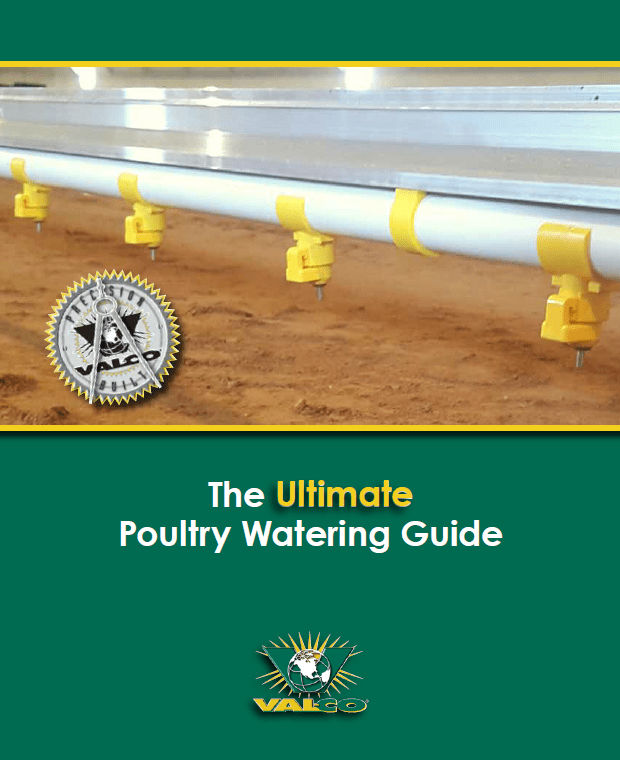Resources
AgSpeak Blog
Explore the AgSpeak Blog for expert agricultural resources.
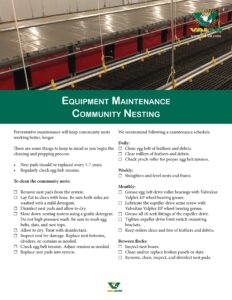
Maintenance Checklist – Community Nest
Equipment maintenance is imperative to keeping things running smoothly. By cleaning the nests regularly, you can prevent transmission of disease from one flock to the next, as well as preserve the health and hatchability of the eggs. The lifespan of equipment is also prolonged when it is properly cared for, allowing farmers to catch potential…
Read More
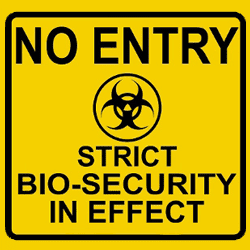
Biosecurity Prevents Salmonella
This spring, The Center for Disease Control (CDC) issued a final update for its investigation into the outbreak of Salmonella Reading, which according to its investigation, caused 133 hospitalizations and 1 death across 42 states. The outbreak was linked to raw and ground turkey products and resulted in product recalls in 2018. Despite this particular…
Read More
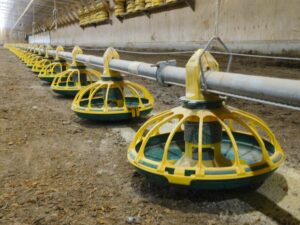
Grower Spotlight – Jay Goodman
Until recently, Jay Goodman was a corporate man working for a major beverage company. As the desire for the corporate life waned, he found himself on the hunt for the perfect farm. He finally found it – with the help of his younger brother – on the Delmarva Peninsula. “I came up from Georgia to…
Read More
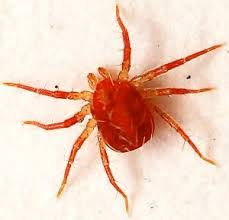
Poultry Red Mites
Red poultry mites are one of the most common external parasites to plague commercial egg flocks and backyard birds alike. They are a common vector of pathogenic diseases, but are arguably a bigger problem on their own. The two-week life cycle of the red mite means they reproduce rapidly. They prefer high heat, high humidity…
Read More
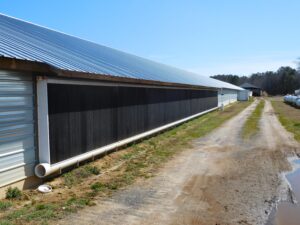
Methods for Managing Heat Stress
We've all seen it before - it's the middle of the day and your broilers are hunkered down on the floor, wings slightly spread, and panting fast. Your birds are too hot, and are spending their energy trying to cool themselves rather than eating, drinking, and growing. In swine we see similar actions - pigs…
Read More
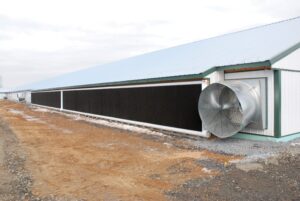
The Importance of Water Pressure & Volume
It’s easy to forget the importance of the water supply when the power is running and the pump is working; when water is coming into the house. The increasingly hot weather only highlights the importance of having an adequate amount of water available to help birds regulate their temperature. Two factors affect the availability of…
Read More
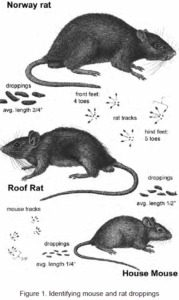
Understanding Rodents & Controlling Them
Rats and mice have long been a problem on farms where food and nesting sites are plentiful. They are carriers of some 45 diseases and are capable of contaminating farm feed and water supplies helping to spread disease from contaminated to uncontaminated areas and from animal to animal. Many of these diseases are harmful to…
Read More
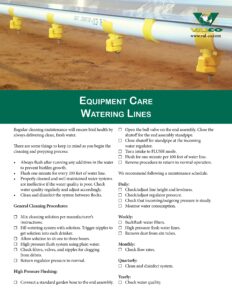
Equipment Care – Watering Lines
We have to care for equipment in the poultry house in order to keep it working for as long as possible. Water is the most important nutrient that we can supply to our birds, so we should take extra care to ensure that the water delivery system is always clean and free of debris. It…
Read More
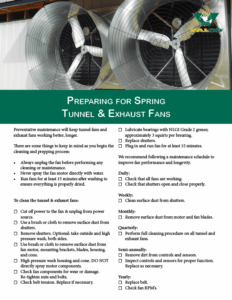
Preparing for Spring – Tunnel & Exhaust Fans
Fans get used all year long, but they still require regular maintenance and cleaning so that they continue to work smoothly and efficiently. Remember to put safety first, and always unplug the fans before performing any maintenance procedure. Start the summer off right with a little care, and a lot of fan performance!
Read More
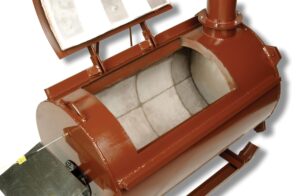
Setting Up & Troubleshooting a Gas Cremator
A cremator is a great method of mortality removal. It uses relatively little energy, works quickly to reduce mortality to ash, and kills all potential pathogens in the process. Properly setting up and troubleshooting a cremator are imperative if the unit is going to function the way it was designed to, so we are here…
Read More
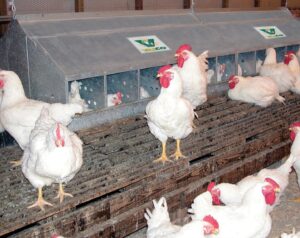
Breeder Management to Avoid Floor Eggs
Floor eggs are bound to happen, but too many floor eggs will require corrective action to prevent a recurring problem. Floor laying is habitual, and once it become routine, there is no way to stop it. Therefore, good nest setup and maintenance is necessary from the very beginning. To start, you can “train” pullets during…
Read More
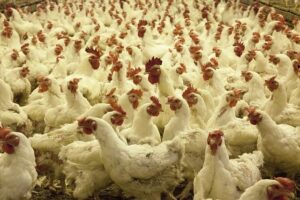
Male Spiking to Maintain Fertility
Spiking is the addition of young broiler breeder males into an older flock to compensate for the decline in fertility that occurs around 35 weeks of age. This decline in fertility could happen for several reasons – a lack in mating interest or decrease in sperm quality, a decrease in mating efficiency or an increase…
Read More
